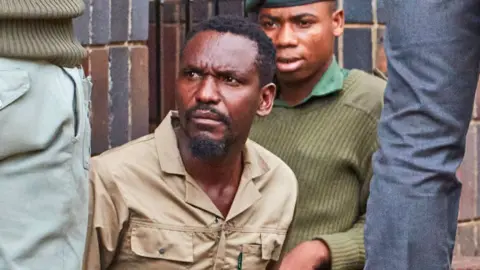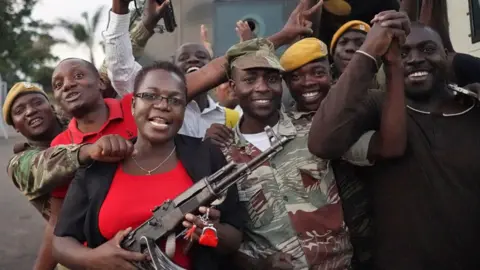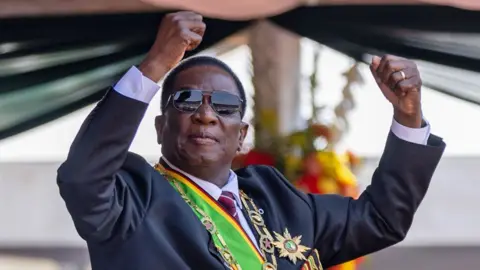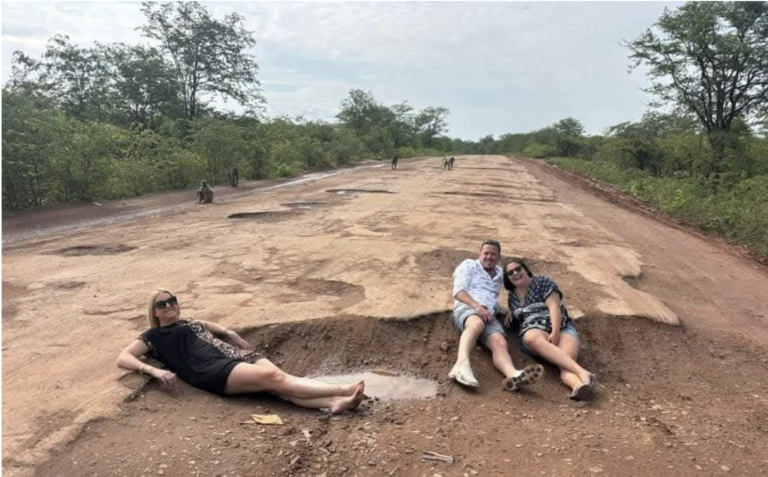
For
years,
I
have
heard
yammering
from
white
male
attorneys
about
how
they
are
now
disenfranchised.
Please.
Spare
me.
How
about
some
examples
from
my
almost
50
years
in
practice
that
dispute
that
ludicrous
claim?
A
white
male
state
bar
president
who
proclaimed
that
women
cannot
be
good
trial
lawyers,
that
they
were
only
fit
for
the
so-called
“pink
practices”
of
family
law
and
probate.
The
commissioner
who
saw
me
at
counsel
table
with
my
client,
an
African-American
male,
assumed
that
I
was
the
social
worker
and
he
was
the
attorney.
(This
coming
from
a
white
female.)
The
white
male
lawyers
who
automatically
assumed
that
I
was
the
secretary
or
paralegal
and
who
would
ask
me
for
coffee
and
to
take
notes
in
bankruptcy
creditor
meetings
where
I
was
representing
one
of
the
largest
unsecured
creditors.
How
about
that
white
males
still
are
the
majority
of
equity
partners
in
Biglaw?
How
about
that
women
and
minorities
may
be
“partners”
in
name
only?
Should
I
continue?
Had
enough?
But
now
women
and
minorities
(aka
anyone
who
doesn’t
fit
within
the
white
male
profile)
face
yet
more
hurdles,
as
if
they
needed
any
more.
In
a
stunning
gob-smacking
way,
federal
agencies,
trying
to
comply
with
the
administration’s
hatred
for
the
term
“woke,”
and
any
term
that
the
federal
government
in
its
wisdom
thinks
“woke”
encompasses,
have
once
again
taken
a
sledge
hammer
rather
than
a
scalpel
to
follow
that
edict.
In
a
list
published
recently
by
the
New
York
Times,
the
number
of
words
that
conceivably
fall
into
the
“woke”
category
is
mind-blowing
(and
yes,
MJ
is
legal
in
California.)
This
is
not
just word
exorcism;
it’s
much
more
than
that.
And
it’s
scary.
As
an
attorney
who
has
spent
much
of
her
long
career
in
the
employment
area,
I
can’t
imagine
that
some
of
the
now
forbidden
terms
will
last
long,
depending
on
the
willingness
of
courts
to
strike
them
down.
Fingers
crossed.
Here
are
just
a
few
of
the
absurd
examples:
“women,”
that
word
eliminates
more
than
50%
of
the
nation’s
population.
I
can’t
imagine
the
deletion
of
that
word
will
be
acceptable
to
the
federal
female
workforce.
How
about
some
more
words
that
only
describe
women
since
men
don’t
have
the
ability:
breastfeed
+
people,
female,
females,
breastfeed
+
person,
person
+
uterus,
pregnant
people,
pregnant
person,
pregnant
persons?
Included
in
the
verboten
list
are
terms
such
as
disability,
disabilities,
underprivileged;
the
list
goes
on.
Women
and
minorities
now
comprise
an
ever-increasing
amount
of
the
California
judiciary
2025
Judicial
Demographics
Report:
California
Bench
Continues
to
Grow
More
Diverse. The
chief
justice
is
a
Latina.
Other
women
on
this
court
and
lower
courts
have
varying
backgrounds.
California
is
now
a
minority-majority
state.
How
about
Associate
Justice
of
the
United
States
Supreme
Court
Ketanji
Brown
Jackson?
What
words
will
she
now
use
to
describe
herself?
How
will
the
federal
government
describe
her?
Even
Amy
Coney
Barrett,
a
white
woman,
may
have
issues.
(Discretion
being
the
better
part
of
valor,
I
won’t
hazard
a
guess
as
to
whether
she
still
has
a
uterus
and
whether
she
breastfed
her
children.
She
also
has
several
children
of
color.)
The
federal
government
seems
to
say
it
is
OK
to
discriminate
(whoops,
a
forbidden
word)
against
those
with
disabilities
(another
forbidden
word).
Just
about
everyone
in
this
country
has
a
disability
of
one
sort
or
another.
What
happens
to
the
Americans
with
Disabilities
Act?
What
happens
to
the
Civil
Rights
Act
of
1964?
What
happens
to
all
the
laws
enacted
to
help
citizens
in
this
country
in
various
ways?
Basically,
what
the
federal
government
is
now
saying
in
no
uncertain
terms
is
that
it’s
OK
to
discriminate
(there’s
that
word
again)
against
those
people
who
may
have
no
rights
and
who
have
looked
to
the
federal
government
for
help.
Sorry,
not
sorry.
Is
Women’s
History
Month
a
thing
of
the
past
now?
What
about
Black
History
Month?
Pride
Month?
What
will
happen
to
all
the
books
that
have
been
written
and
published
that
use
any
or
all
of
the
prohibited
words?
We
are
already
dealing
with
banned
books.
When
do
the
book
burnings
start?
If
you
have
never
read
or
haven’t
recently
read
Ray
Bradbury’s
“Fahrenheit
451,”
now
is
the
time.
And
if
you
think
it
can’t
happen
here,
think
again.
Jill
Switzer
has
been
an
active
member
of
the
State
Bar
of
California
for
over
40
years.
She
remembers
practicing
law
in
a
kinder,
gentler
time.
She’s
had
a
diverse
legal
career,
including
stints
as
a
deputy
district
attorney,
a
solo
practice,
and
several
senior
in-house
gigs.
She
now
mediates
full-time,
which
gives
her
the
opportunity
to
see
dinosaurs,
millennials,
and
those
in-between
interact
—
it’s
not
always
civil.
You
can
reach
her
by
email
at
[email protected].











 Motorists
Motorists
